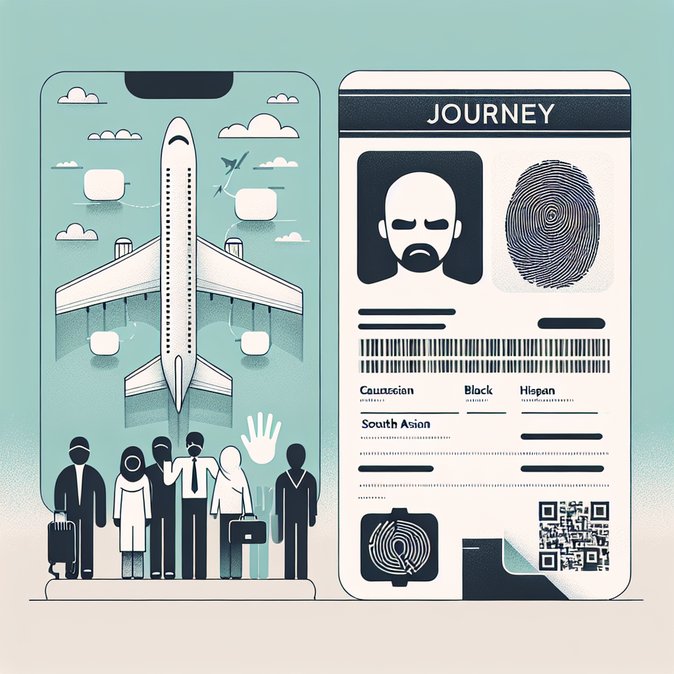
Spain’s introduction of the Entry/Exit System is already catching out some long-term British residents who never exchanged their old green residency certificates for the biometric Tarjeta de Identidad de Extranjero (TIE). Euro Weekly News reports that Alicante, Malaga and Almeria airports have seen multiple cases this weekend of UK nationals denied boarding because the EES database treated them as tourists who had overstayed the 90-day limit.
Under Brexit rules, Britons living in Spain must hold a TIE to prove their legal residence when crossing external Schengen borders. Without it, the EES cannot differentiate them from short-stay visitors, and the automated kiosks flag an “overstay-alert” that obliges airlines to refuse carriage or face carrier-liability fines.
![UK Residents Without TIE Cards Turned Away as Spain’s New Border System Flags Overstays]()
Lawyers specialising in mobility say this is a cautionary tale for other third-country nationals whose residence proof has not yet migrated to a biometric card. Companies employing UK citizens on local Spanish contracts are being urged to audit staff documentation immediately and arrange emergency appointments at extranjería offices where necessary.
Practical implications include longer dwell times at airports still adjusting to the system. Travel managers should update pre-trip briefings: employees must carry both a valid passport and physical TIE, and should build at least one extra hour into airport arrival times until kiosk throughput stabilises.
The Interior Ministry has indicated that manual overrides are possible but require a secondary inspection, further extending queues. Stakeholder groups are pressing for an interim grace period, but officials insist the rulebook is clear: “No TIE, no resident lane.”
Under Brexit rules, Britons living in Spain must hold a TIE to prove their legal residence when crossing external Schengen borders. Without it, the EES cannot differentiate them from short-stay visitors, and the automated kiosks flag an “overstay-alert” that obliges airlines to refuse carriage or face carrier-liability fines.

Lawyers specialising in mobility say this is a cautionary tale for other third-country nationals whose residence proof has not yet migrated to a biometric card. Companies employing UK citizens on local Spanish contracts are being urged to audit staff documentation immediately and arrange emergency appointments at extranjería offices where necessary.
Practical implications include longer dwell times at airports still adjusting to the system. Travel managers should update pre-trip briefings: employees must carry both a valid passport and physical TIE, and should build at least one extra hour into airport arrival times until kiosk throughput stabilises.
The Interior Ministry has indicated that manual overrides are possible but require a secondary inspection, further extending queues. Stakeholder groups are pressing for an interim grace period, but officials insist the rulebook is clear: “No TIE, no resident lane.”







